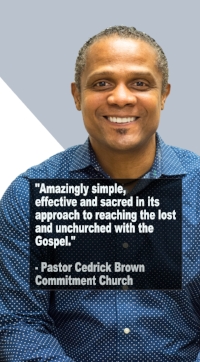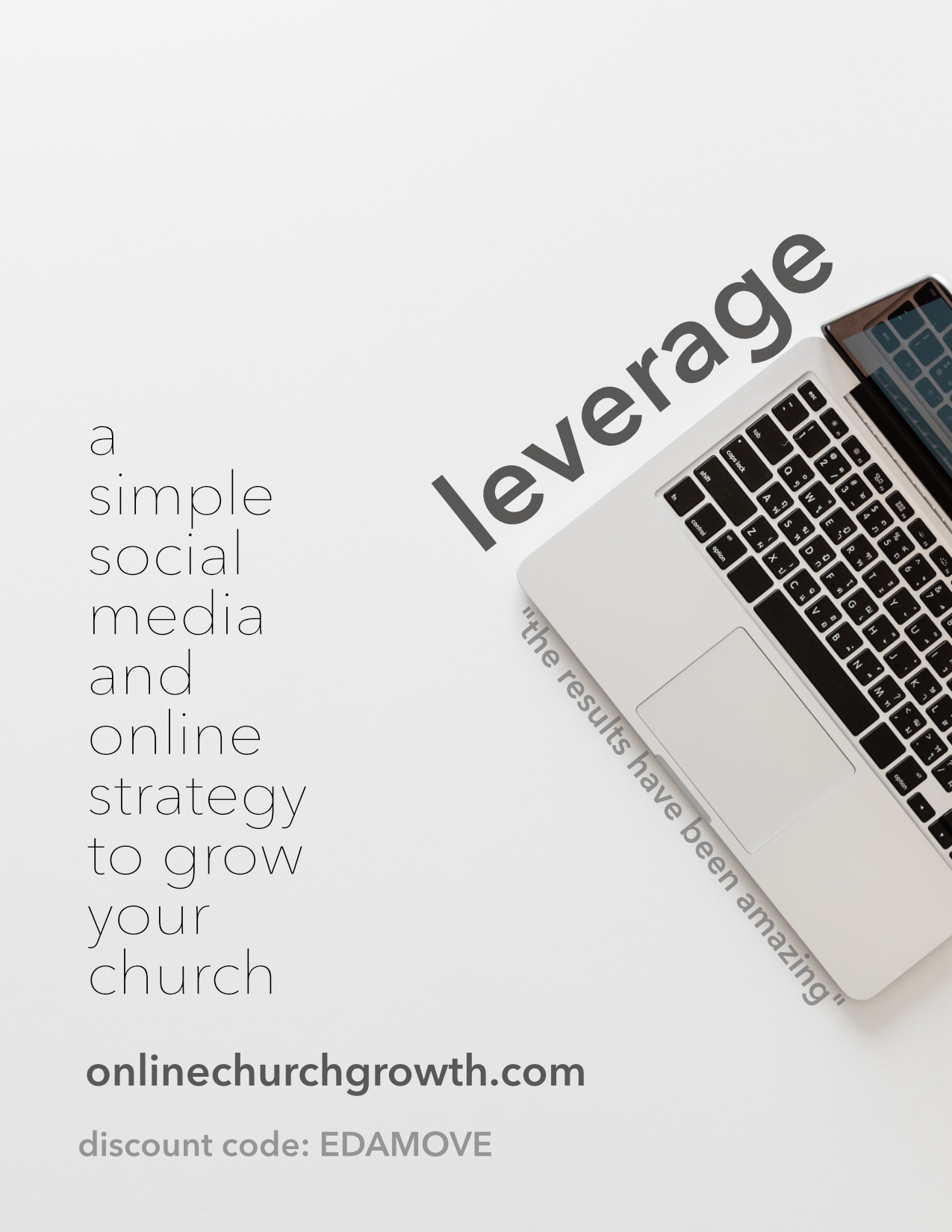Podcasting
Podcasting has made a comeback and it isn't going anywhere. In fact I am going to call this now...I think Facebook will venture into the podcast world in the next couple of years, launching a platform on facebook for users to launch, host and subscribe to podcasts through their facebook apps.
If you're in ministry and your ministry doesn't have a podcast you should seriously consider adding it.
Here are 4 Reasons Podcasts are making a comeback and you should consider having one:
People time trade. We are constantly trying to find ways to buy more time. Ask the people you work with what they need most this week and most of them will tell you they need more time. Podcasts provide the opportunity for you to place your content in the ear of the listener while they are on the treadmill or driving or painting or.... You get the idea. People can multitask while listening to a podcast.
We commute and drive a lot. There isn't a whole lot to do while driving. It is a great space to pray (with your eyes open) but you can't watch videos, text or message people while you're driving. The car is the perfect place to listen to a podcast. With our crazy schedules and the average commute time trending up, podcasts have a great place to gain traction.
People aren't as into your videos as you think they are. I make and distribute a ton of videos. I love them. They are super effective in communicating personality, painting a picture for your audience of who you are and what you are all about and they are a great tool for adding value to someone's life. Unfortunately they are limited in their distribution because people have to have the space and time to watch them. As of now, not a lot of people are creating a watch list or downloading videos so they can watch them later. Videos are great but for your audience they can be hit or miss. When they hit, they hit hard. But they miss a lot too. In baseball terms, videos are like your home run hitter, they crush. Podcasts are like your lead off guy. Not as flashy, not as dramatic but they get on base a lot. Podcasts add the consistency your videos struggle to deliver on.
You want to create an oasis in the desert. It is called "Omni Channel, Audience Centric Marketing". I call it creating and oasis in the middle of the desert. The thought used to be that you should create one really good channel/platform and go all in on it. If you do Facebook well, just do facebook. If you connect mostly with Instagram then just do Instagram. Sunday morning service is how you rock it then put all your eggs in that basket. Go find the channel you can crush and crush it, forget about everything else. But culture shifts fast and often. People want to engage with you and probably find engaging with your content valuable, but they want to be able to engage with you on their terms, and on the platform they prefer, which isn't always the platform you prefer. So creating valuable content and distributing it over as many platforms as you can is far better than focusing on one channel/platform. You are going to start to see less engagement on one platform. But if you create an oasis that people can come drink from on their schedule then your overall engagement with increase and so will your influence, reach and attendance.
What should you use to build an Oasis of value in the middle of the desert?
Sunday Worship Gatherings (This is the center of your oasis.)
Small Groups (These extend the center of the oasis into your communities.)
A Podcast that can downloaded on Spotify and iTunes.
A website that focuses on your audience not on your attenders.
Youtube (Vimeo is focused on content creators, Youtube is focused on the audience.)
Facebook
Instagram
A Blog (Not a blog where you spout off about what is most important to you, but a blog that is relevant and focused on giving value to your audience.)
Maximize those platforms by creating, capturing and pushing a variety of audience centric content. Add value in multiple ways. Include content like: Live Videos, Interviews, Sermon Clips (1 minute, 5 minute and 10 minute), Full Sermon Videos, Worship Music, and "Talk to The Audience Through The Lens Videos" (these can be teaching focused or encouragement focused). Be flexible and experiment.
Hope this helps,
Josh



